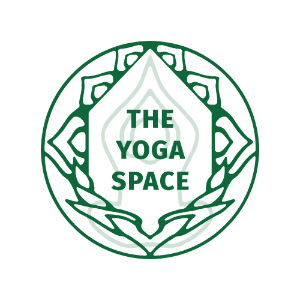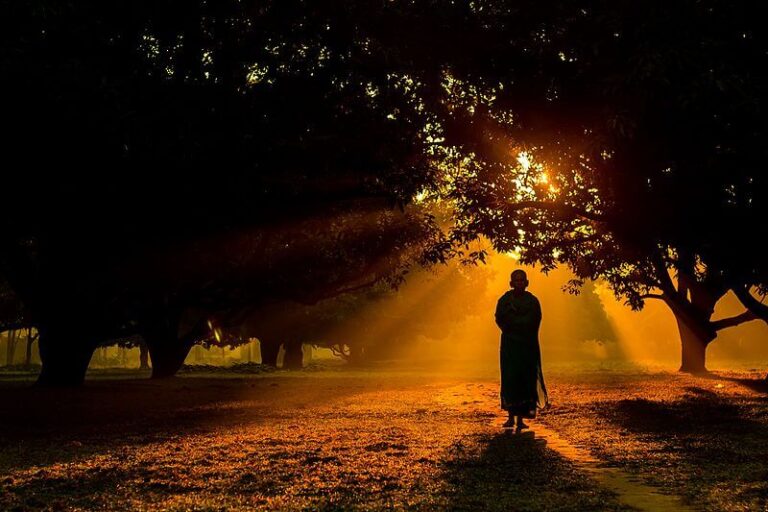https://www.everyday-mindfulness.org/discovering-mindfulness-the-journey/ – by Abby McPhee
It only took about fifteen minutes of the first mindfulness class before I started to wonder whether I’d made a big mistake. It seemed like I was being told not to think. Was I really being told not to have goals and not to have hopes for the future? This went against everything I thought I should be doing- it’s what I’ve done my whole life. It was clear from the questions and comments made by others in the class that I wasn’t the only one with these reservations. My doubts grew when, at times, the teacher would dismiss certain questions with non-specific answers. It all seemed a bit vague and as though he gave these responses to any questions flawing his ideas. I could understand why he had to respond this way; so the class wouldn’t turn into a debate, but still, at this stage I wanted some answers too.
Although mindfulness is a state of being, not something you should really grasp intellectually, my brain was still trying to make sense of it. Did this mean I shouldn’t be thinking at all, or only if they’re positive thoughts? How would I plan my holiday if I shouldn’t think about the future? From what I’d just been told, any sort of planning for the future would only result in suffering. Should I not be looking forward to seeing my friends later because that takes me away from the present moment? I had so many questions!
But then, about halfway through the class, the teacher said something, which drew me in; “All that exists is now. Yesterday doesn’t exist, tomorrow doesn’t exist; only now and this moment exist. The future is just a bad guess, which will only cause disappointment when it doesn’t go the way you’re imagining. Because that’s all the future is, your imagination”. By this point, I was starting to wake up and really listen. I thought about that for a moment; the future is just a bad guess. He went on to talk about how realistically, we do need to plan for certain things, but that we need to be open and flexible, and change and adapt with whatever the present moment gives us. If we don’t, we’re just going to have a life full of suffering if things don’t happen the way they happen in our head; in the future we’ve imagined and become attached to. This answered at least one of my questions, but it also gave me even more to think about.
The reason I connected to this particular part of the class was because what was being described to me then was exactly what I was going through. I had imagined my future; I’d even set an age as to when this imaginary future was going to happen. But when reality turned out differently to the plan, I started to suffer and feel badly about myself. Fortunately now, I’m able to recognise that it was only an idea, just one possibility, but before that realisation, I felt like I had failed at something, which of course I hadn’t. What’s more, not only was I focusing intensely on what hadn’t happened, I was overlooking all the wonderful things that were happening. If I hadn’t set up this ideal future in my head, then I wouldn’t have felt this sense of failure and disappointment, despite having achieved so much.
It felt like a breath of fresh air knowing I was able to notice my thoughts, and start recognising that they are in fact, just thoughts. At this point all I wanted to do was tell everyone the good news. I wanted them to realise that they shouldn’t spend any more time feeling sad about the past, or worrying about the future, because it’s only the here and now that matter, or exist.
In the following week I had mixed feelings. I felt powerful when I could bring myself back to the present moment instead of being taken away, but other times, I found it difficult to separate myself from my thoughts. Some days I ended up having to dismiss negative thoughts that told me I wasn’t being mindful enough! But at least I was observing my thoughts.
In the next class we focused on appreciating our senses fully. It made me realise that I am already very mindful in some aspects of life. Take for example, something as small as eating an orange. I already really appreciate the way it feels, and the satisfaction of pulling each segment off and the juicy sweet taste when I bite into it. But this session helped me to open my senses to all day-to-day activities, such as walking from the tube station to work. Rather than worrying about only having ten minutes to get there, I started to notice my surroundings – really notice. The blossom on the trees was brighter than I’d ever seen before, and suddenly I could hear all the birds singing in the trees. This is definitely the part of becoming more mindful that’s made the most sense to me so far. This I can bring into every day situations and I know this will help me to be more aware and more grateful for the present moment. The teacher also said something during this class, which made so much sense and which I think will stick with me. Quoting Søren Kierkegaard, he said; “Life is not a problem to be resolved but a reality to be experienced”.
As time went on I noticed a definite shift in how I felt. I felt calmer, more open and more present. The world hadn’t changed, but my perspective had. The world will be what I project onto it – this is what I was starting to realise.
Today it’s been a wonderful spring day with warm sunshine and blue skies. Of course this helps when trying to enjoy the present moment, but I was soaking up every last drop of it in a way I never had before. I felt like the world was sparkling back at me, as if I were being rewarding for appreciating all its beauty. I was accepting and embracing the present moment and the world was applauding me for that.
This also applied to the people around me, and how they reacted to my new state of being. I was now projecting this positivity and sense of calm, more so than I was before, and I could see other people reacting to it. It’s not something I can describe or explain, but I feel it, and they feel it too. I’ve always been a people pleaser – I could never be fully happy or content if I had the feeling something’s wrong with someone I care about. If I felt like I’d upset someone, even if rationally I know I hadn’t, I would carry that weight and sense of guilt with me like a tonne of bricks on my shoulders. But now I ask myself, is my suffering helping that person to feel better, or is it just making another person in this world unhappy? Of course it isn’t easy to stop yourself feeling a certain way, but this was a start.
This week the class focused on suffering and surrender. The teacher spoke about being in an unpleasant situation, for example on a crowded tube. Here we have two choices; to be hot, tired and squashed under someone’s sweaty arm, or be annoyed about being hot, tired and squashed under someone’s sweaty arm. The present moment is what it is, and wishing it away isn’t going to improve it. It will be far more unpleasant if I choose to add anger and frustration to the situation, rather than just accept it. This will certainly take some time; I know it won’t be easy to stop myself feeling frustration in unpleasant situations. But the more I’m aware of my thoughts and emotions, the more I’m starting to be able to accept and surrender. Because after all, being angry isn’t going to make anything better.
I still have bad days and times when I feel low, just like everyone else; that’s not changed. But what has changed is my ability to observe my thoughts and emotions, and to shift my view of the situation and take a different perspective. There are days when this just can’t be done, and others when it works almost instantly. But mindfulness isn’t supposed to be a quick fix to a problem; it’s a way of being.
Now that I’ve come to the end of the course, I wonder if I’ll find it harder to stay mindful. Returning to that classroom situation each week helped me to re-focus and to deepen my practice gradually. But then I realised, I can’t worry about how mindful I’ll be tomorrow, or next week, or next year, because as I’ve come to realise, the future is only an idea, or as my mindfulness teacher put it; a bad guess. What’s important is how I feel right now, in this moment. It’s important for me to keep practicing mindfulness, but I can’t prepare to be mindful in the future, all I can do is be mindful right now. After all, as I now understand; now is all that exists.

